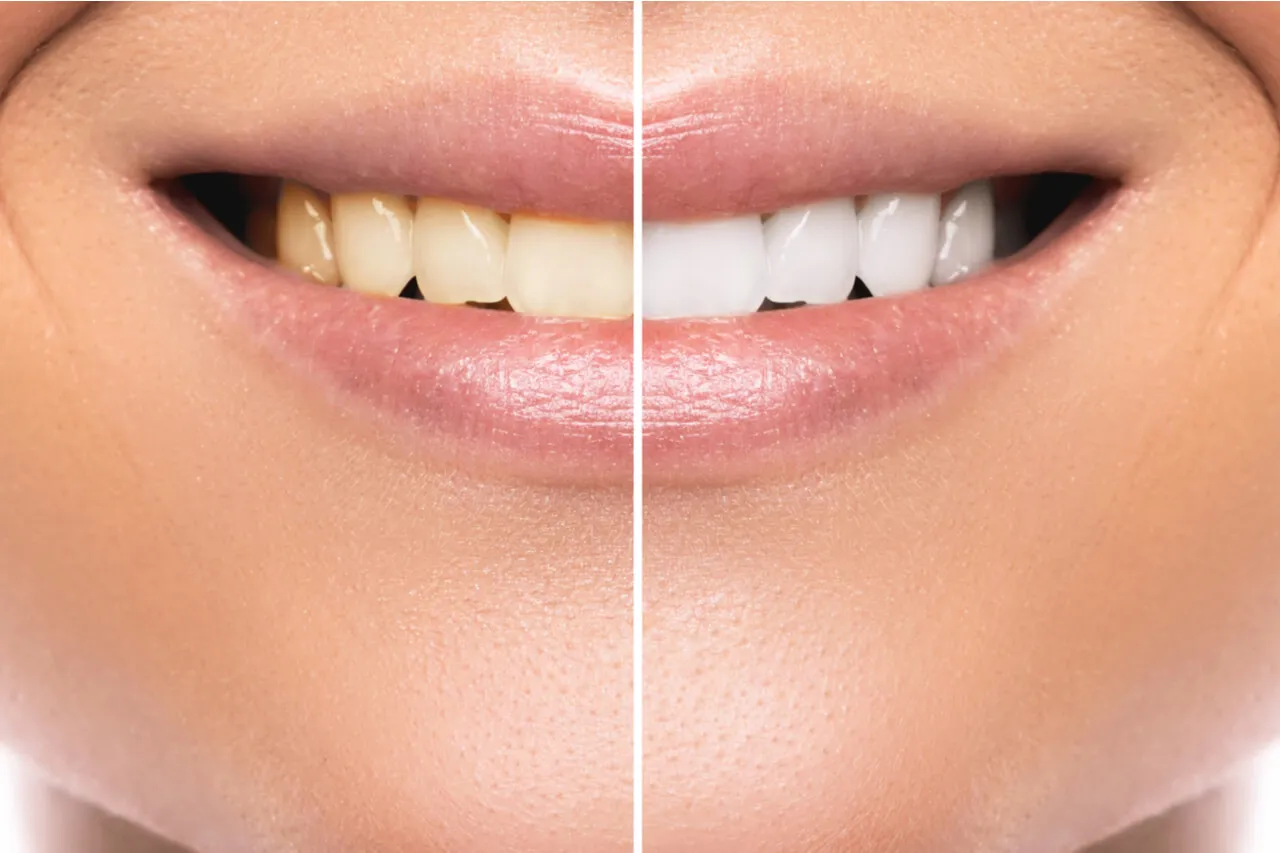What Causes Teeth Sensitivity?
Teeth sensitivity is a common dental issue that can manifest as sharp, brief pain when teeth are exposed to hot, cold, sweet, or acidic substances. This discomfort arises when the protective layers of the teeth, such as enamel or cementum, are compromised, exposing the underlying dentin. Dentin contains microscopic tubules that lead directly to the nerve center of the tooth, the pulp. When these tubules are stimulated by external factors, the nerve transmits a pain signal to the brain. Several factors contribute to the development of sensitive teeth, including enamel erosion, gum recession, and dental procedures. Understanding the underlying causes is the first step in managing and alleviating the symptoms of tooth sensitivity. This knowledge empowers individuals to make informed choices about their oral hygiene and dental treatments.
Tooth Enamel Erosion
Tooth enamel, the hard, outermost layer of the tooth, acts as a protective shield against external stimuli. Over time, this enamel can erode due to various factors. Acidic foods and drinks, such as citrus fruits, carbonated beverages, and vinegar-based dressings, can gradually wear away the enamel. Furthermore, conditions like acid reflux or bulimia, which expose teeth to stomach acids, can accelerate enamel erosion. Aggressive brushing with hard-bristled toothbrushes or excessive use of abrasive toothpastes can also contribute to enamel loss. When enamel erodes, the underlying dentin becomes exposed, leading to increased sensitivity. This exposure allows stimuli to reach the nerve endings more easily, causing pain and discomfort. Regular dental check-ups and adopting good oral hygiene practices are crucial in preventing and managing enamel erosion.
Gum Recession
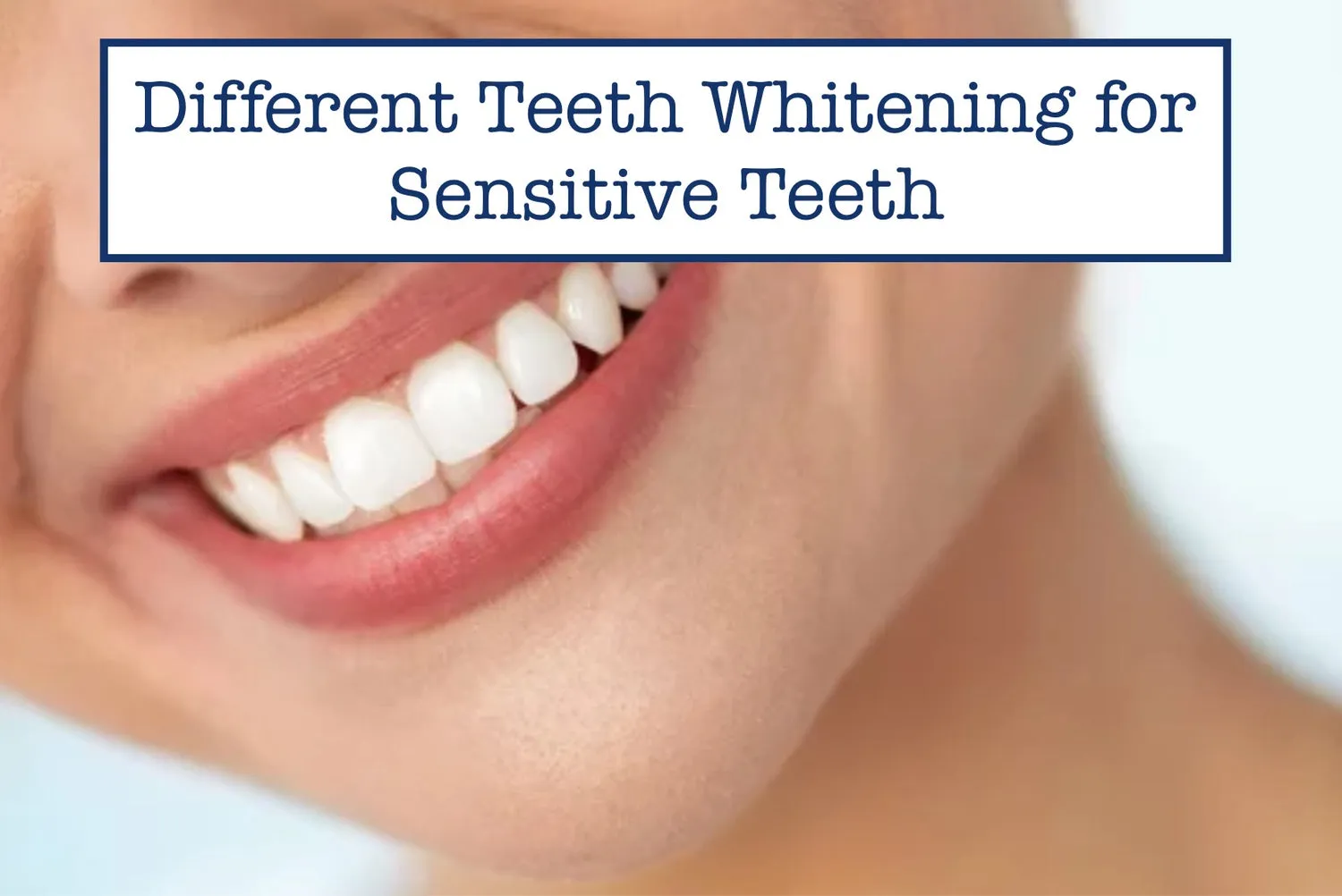
Gum recession, the process where the gum tissue pulls back, exposing more of the tooth and its root, is another significant cause of teeth sensitivity. The roots of teeth are not covered by enamel; instead, they are protected by a softer layer called cementum. Cementum is less resistant to wear and tear than enamel, making the exposed root surfaces more susceptible to sensitivity. Several factors contribute to gum recession, including aggressive brushing, periodontal disease, and genetics. Periodontal disease, often caused by poor oral hygiene, leads to inflammation and the breakdown of gum tissue. As the gums recede, the root surfaces become exposed, and the dentin tubules are directly accessible to stimuli. This can result in increased sensitivity to hot, cold, and other irritants. Proper oral hygiene, including gentle brushing and flossing, and regular dental check-ups are vital in preventing and managing gum recession.
Teeth Whitening Procedures and Sensitivity
Teeth whitening, a popular cosmetic procedure, can sometimes lead to increased teeth sensitivity. The active ingredients in whitening products, primarily hydrogen peroxide or carbamide peroxide, work by penetrating the enamel and oxidizing the stain molecules within the tooth. This process, while effective in removing stains, can also cause temporary changes to the tooth structure. The whitening agents can dehydrate the teeth, making them more porous and susceptible to external stimuli. Additionally, these agents can irritate the pulp, leading to increased sensitivity. The intensity of sensitivity varies depending on the concentration of the whitening agent, the duration of the treatment, and the individual’s tooth structure. Understanding the potential for sensitivity is important when considering teeth whitening, and dentists can offer guidance on managing and minimizing these effects.
Professional Whitening and Sensitivity
Professional teeth whitening, performed by a dentist or dental hygienist, typically involves higher concentrations of whitening agents than at-home treatments. This can lead to more pronounced sensitivity for some individuals. The dentist carefully applies the whitening agent to the teeth and often uses a special light or laser to accelerate the whitening process. While professional treatments can provide more dramatic results, they also carry a higher risk of causing temporary sensitivity. Dentists take precautions to minimize sensitivity, such as using protective barriers to shield the gums and soft tissues. They may also recommend desensitizing treatments before and after the procedure to reduce discomfort. Communication with your dentist about any existing sensitivity issues is crucial before undergoing professional whitening.
At-Home Whitening Kits and Sensitivity
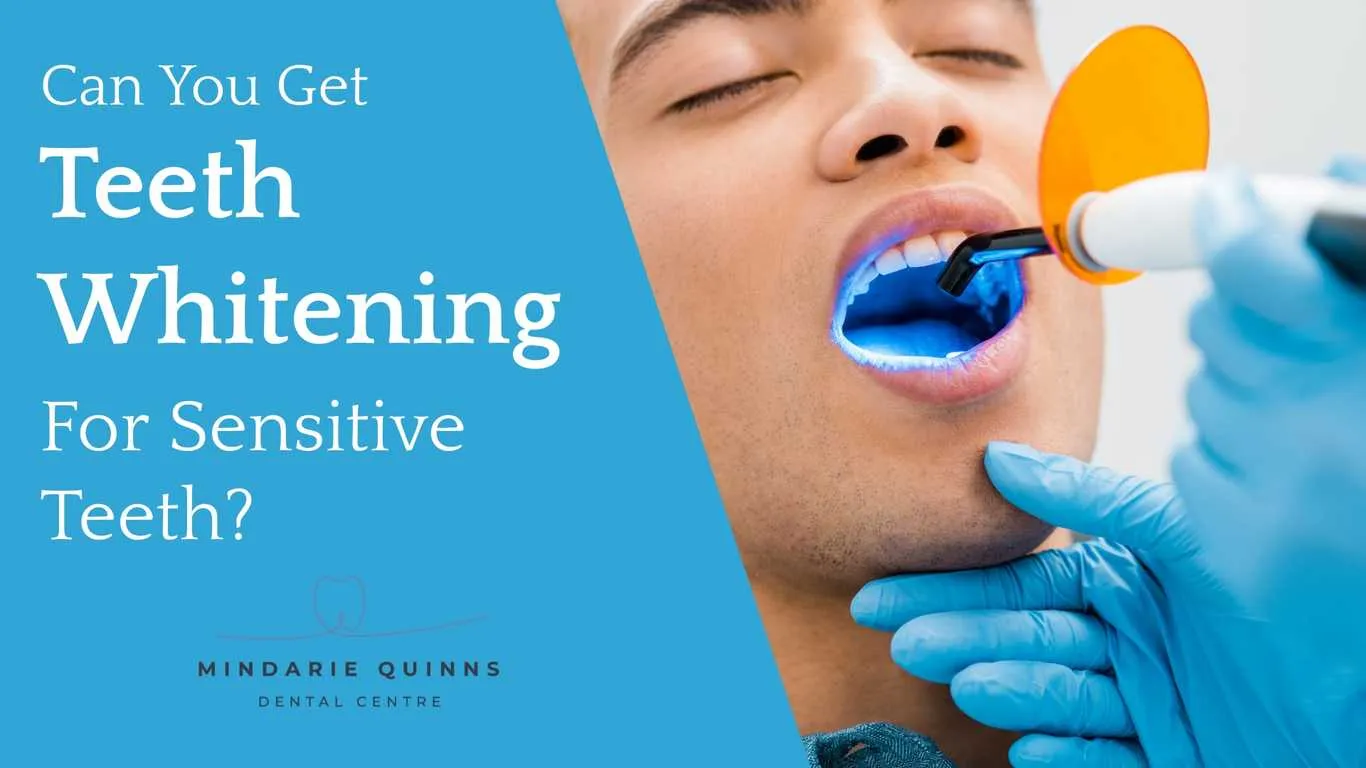
At-home teeth whitening kits offer a convenient and often more affordable alternative to professional treatments. These kits typically contain lower concentrations of whitening agents, which may result in less sensitivity compared to professional procedures. However, the frequency and duration of use can still cause sensitivity, especially if the instructions are not followed carefully. At-home kits may include whitening strips, trays with whitening gel, or whitening toothpastes. It’s crucial to follow the manufacturer’s instructions, avoiding overuse or prolonged application. If sensitivity develops, it is important to reduce the frequency of use or stop the treatment altogether. Consulting with a dentist before using an at-home whitening kit can provide valuable guidance and help minimize potential sensitivity issues. Your dentist can assess your oral health and recommend the most suitable whitening options.
Top 5 Facts About Teeth Whitening and Sensitivity
Fact 1 Whitening Ingredients
The primary active ingredients in teeth whitening products are hydrogen peroxide and carbamide peroxide. These chemicals break down into oxygen molecules, which then penetrate the enamel to oxidize the stain molecules. The concentration of these ingredients directly affects the whitening power and the potential for sensitivity. Higher concentrations, commonly found in professional treatments, tend to produce faster results but may also cause more sensitivity. At-home products usually contain lower concentrations, leading to less dramatic but potentially gentler whitening effects. It’s essential to understand the ingredients and their concentrations to make informed decisions about teeth whitening.
Fact 2 Temporary Nature of Sensitivity
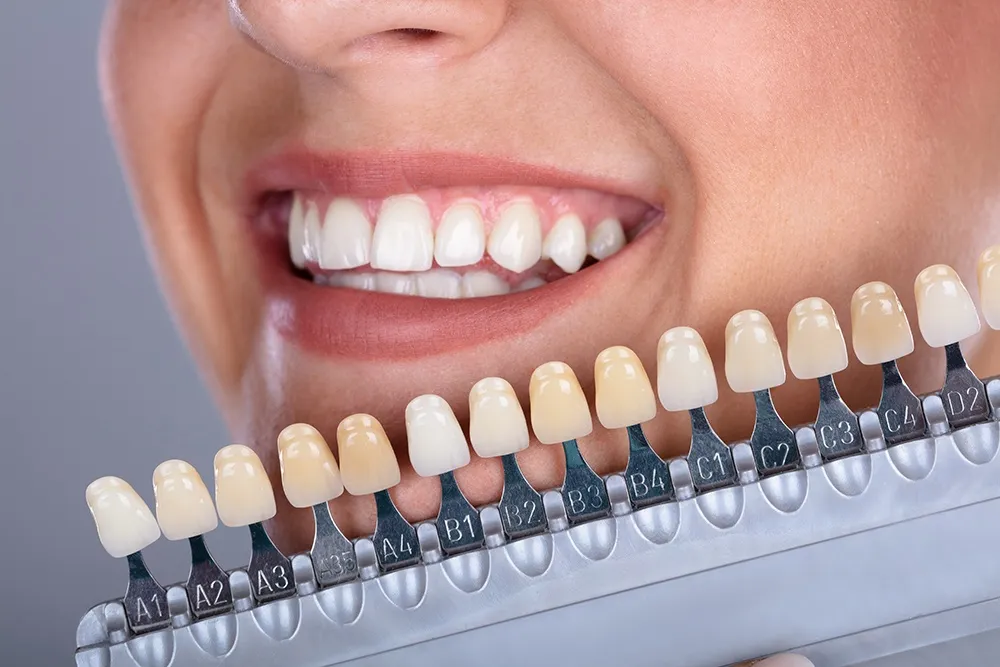
Sensitivity caused by teeth whitening is typically temporary. The discomfort usually subsides within a few days to a few weeks after the whitening treatment is completed. The temporary nature of the sensitivity is due to the transient effects of the whitening agents on the tooth structure. The teeth may become dehydrated and more porous during the whitening process, increasing sensitivity. However, the teeth gradually rehydrate and remineralize, and the sensitivity diminishes. Using desensitizing toothpaste and other remedies can help alleviate discomfort during this period. If sensitivity persists for an extended period or becomes severe, it’s essential to consult a dentist.
Fact 3 Types of Whitening Methods
Various teeth whitening methods are available, each with its own potential for causing sensitivity. Professional whitening involves in-office treatments using high-concentration whitening agents and specialized equipment. At-home options include whitening strips, trays, and toothpastes, which typically use lower concentrations. The type of whitening method used, along with its intensity and duration, influences the likelihood of sensitivity. For example, laser whitening, a type of professional treatment, may increase sensitivity due to the heat generated by the laser. Understanding the different methods and their potential risks is important when choosing a whitening procedure. Consult with a dentist to determine the best approach for your individual needs and oral health.
Fact 4 Pre-Existing Conditions
Individuals with pre-existing dental conditions, such as enamel erosion, gum recession, or cavities, may be more prone to experiencing sensitivity after teeth whitening. These conditions compromise the protective layers of the teeth, making them more vulnerable to external stimuli. Furthermore, people with sensitive teeth prior to whitening may experience a greater degree of sensitivity during and after treatment. Dentists can assess your oral health before recommending teeth whitening and advise on any necessary precautions or alternative treatments. It is vital to disclose any dental concerns or sensitivities to your dentist before undergoing teeth whitening. Addressing pre-existing conditions can reduce the risk of heightened sensitivity.
Fact 5 Solutions for Sensitive Teeth
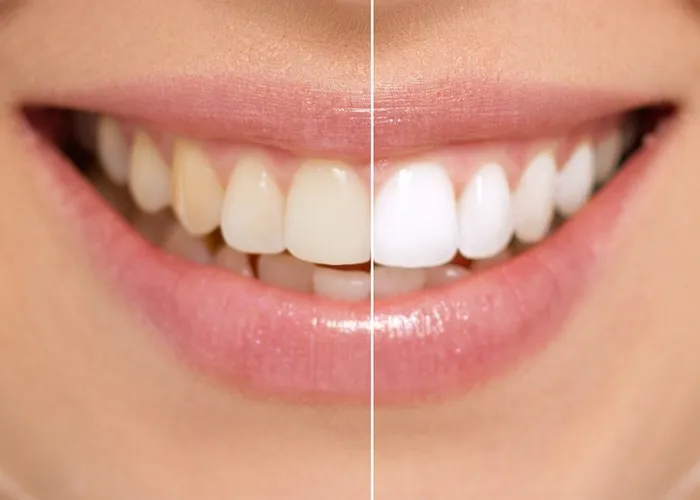
Several solutions can help manage sensitive teeth after whitening. Desensitizing toothpaste, which contains ingredients like potassium nitrate, can block the pain signals transmitted by the tooth nerves. Fluoride treatments, either professionally applied or through prescription toothpaste, can strengthen enamel and reduce sensitivity. Avoiding triggers, such as hot or cold foods and drinks, can also provide relief. In some cases, your dentist may recommend other treatments, such as bonding or fillings, to protect exposed root surfaces. Consulting with your dentist is the best way to determine the most effective solutions for managing your specific sensitivity issues. They can provide personalized recommendations based on your needs and oral health.
How to Manage Sensitive Teeth After Whitening
If you experience teeth sensitivity after whitening, several strategies can help alleviate the discomfort. Using a desensitizing toothpaste consistently is one of the most effective methods. These toothpastes contain ingredients that block the pain signals to the tooth nerves. Apply a thin layer of the toothpaste directly to the sensitive areas for added relief. Avoid consuming excessively hot or cold foods and drinks that can trigger sensitivity. Drink through a straw to minimize contact with your teeth. Over-the-counter pain relievers can also help manage any discomfort. If sensitivity persists or worsens, consult your dentist.
Use of Desensitizing Toothpaste
Desensitizing toothpastes are a cornerstone in managing teeth sensitivity after whitening. These toothpastes typically contain ingredients like potassium nitrate or stannous fluoride. Potassium nitrate works by blocking the nerve signals from the teeth, reducing pain. Stannous fluoride helps block the dentin tubules, preventing external stimuli from reaching the nerves. For optimal results, use the toothpaste consistently, brushing twice a day, and allow the toothpaste to remain in contact with the sensitive areas for a few minutes before rinsing. It may take several days or weeks to experience the full benefits of the toothpaste. Consult your dentist to determine the most suitable desensitizing toothpaste for your needs.
Fluoride Treatments
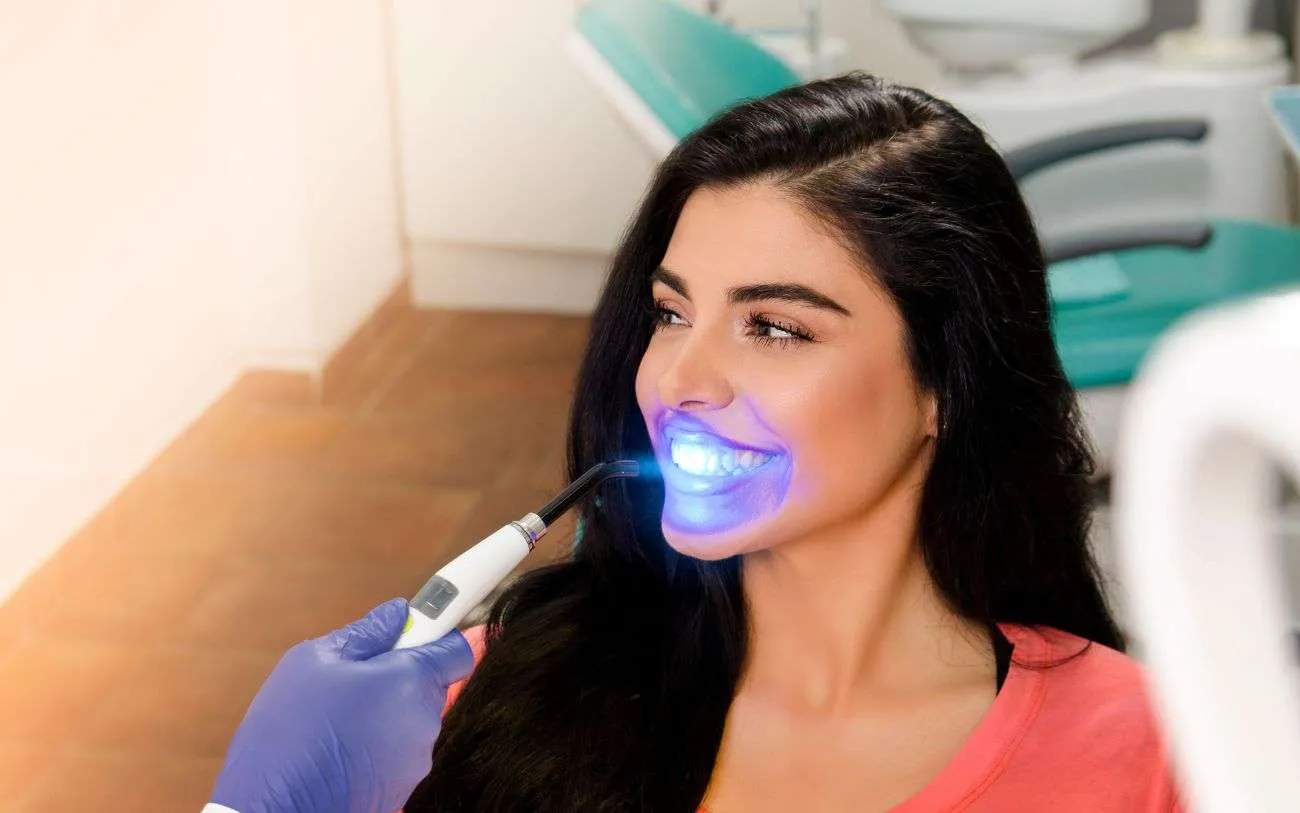
Fluoride treatments are another effective method for managing teeth sensitivity. Fluoride strengthens tooth enamel, making it more resistant to external stimuli and promoting remineralization. Dentists can apply professional fluoride treatments, which typically involve high-concentration fluoride varnishes or gels. Prescription-strength fluoride toothpastes are also available for at-home use. These toothpastes provide a higher concentration of fluoride than regular toothpastes. Using a fluoride mouthwash can also help to supplement your fluoride intake. It is important to follow the instructions provided by your dentist or the product manufacturer to ensure you are using fluoride treatments correctly and effectively.
Avoiding Whitening Triggers
Avoiding triggers can help manage teeth sensitivity after whitening. Certain foods and drinks can exacerbate sensitivity, including those that are excessively hot, cold, sweet, or acidic. Pay attention to what you eat and drink, and take steps to minimize contact with your teeth. For example, avoid ice-cold beverages or sip them through a straw. Limit your consumption of acidic foods like citrus fruits and tomatoes. Avoid sugary snacks and drinks, as they can also contribute to sensitivity. Making these adjustments can help reduce discomfort and promote healing. Monitor your diet and identify any specific foods or drinks that trigger sensitivity, and adjust your consumption accordingly.
When to Consult a Dentist
If your teeth sensitivity persists or worsens despite home care measures, consult your dentist. Seek professional help if you experience severe or persistent pain, or if your sensitivity is affecting your daily life. Your dentist can diagnose the underlying cause of your sensitivity and recommend appropriate treatments. They may perform a thorough examination, including X-rays, to identify any dental issues. Your dentist can offer treatments like fluoride varnish, desensitizing agents, or other procedures to alleviate discomfort. In some cases, they may recommend further investigations or refer you to a specialist. Early intervention is crucial for effectively managing teeth sensitivity and preventing potential complications. Do not hesitate to seek professional help if you have concerns about your dental health.
